Accounting vs. Financial Analysis: Which Career Path Is Right for You?
Accounting vs. Financial Analysis
It’s a question we hear often from HR managers and business leaders alike: Do we need an accountant or a financial analyst?
The truth is, there’s no one-size-fits-all answer. It depends on your priorities — are you looking to stabilise your financial operations, or steer the company toward growth? Are you tightening compliance, or expanding into new markets?
At The Working Earth, we help organisations across South Africa make these decisions with confidence — matching them with finance professionals who do more than just fulfil a role. They bring clarity, precision, and strategic direction to your business. Here's how to tell which hire is right for you.
What Does an Accountant Do?
More than just keeping the books balanced, accountants are your financial backbone. They manage and maintain accurate records, ensure tax compliance, handle audits, and deliver clear, reliable reporting. If your company needs consistency, accuracy, and protection from financial risk, an experienced accountant is essential. They ensure your operations are clean, your reporting is sound, and your risk exposure is minimised.
For companies navigating regulatory obligations, scaling payroll, or tightening internal controls, accountants are the ones who keep the financial engine running smoothly.
You can browse accountant candidates and roles here if this sounds like the support your business needs.
What About Financial Analysts?
If accountants are the guardians of financial stability, financial analysts are the strategists. Their work revolves around making sense of numbers — building models, forecasting trends, and supporting business decisions with insight rather than instinct.
A good financial analyst gives leadership the confidence to plan ahead. They help answer questions like: Can we afford to expand? What happens if sales dip by 10%? Which business units are delivering ROI — and which aren’t?
These professionals don’t just crunch numbers. They interpret them, contextualise them, and use them to create strategies. If your company is preparing for investment, scaling operations, or simply wants to be more financially intelligent, a financial analyst may be the better hire.
If you’re ready to bring someone like this into your team, start here.
Understanding the Difference — and What It Means for Your Team
So how do you know which role your business actually needs? If your current focus is on compliance, tax filings, audit readiness, and day-to-day reporting, you’re looking for an accountant. They’ll ensure your financial records are accurate and legally sound, and that your business is protected from any surprises.
If your priority is growth, scenario planning, forecasting, or evaluating new opportunities, then a financial analyst is more aligned to your goals. They’ll help leadership make more informed decisions based on real data, not guesswork.
In many cases, companies need both. A strong accountant will keep you grounded, while a sharp analyst will push you forward. Some businesses even combine these roles into hybrid positions — which requires careful planning and targeted recruitment. If you’re not sure how to scope a hybrid finance role, we can help define it and source the right candidate.
What Skills and Qualifications Set Them Apart?
Accountants tend to be detail-driven, process-oriented professionals. They bring deep knowledge of financial reporting frameworks like GAAP or IFRS, and are typically well-versed in systems like Xero, Sage, or QuickBooks. Most hold a BCom in Accounting, and many are registered with SAICA or SAIPA.
Financial analysts, on the other hand, are analytical and commercially minded. Their toolbox includes data platforms like Excel, Power BI, and Tableau, and they’re skilled at spotting patterns, testing assumptions, and building financial models. They often hold a BCom in Finance or related fields, and those with CFA or CIMA designations are especially valuable in strategic roles.
Both roles are critical — and both require different types of thinking and problem-solving.
What’s Happening in the Market?
Right now, there’s steady demand for skilled accountants in South Africa — especially as tax regulations evolve and companies face tighter compliance expectations. But financial analysis roles are also rising rapidly, driven by the need for smarter business planning and more agile financial decision-making.
What’s changing is that businesses aren’t just hiring for tasks anymore. They’re hiring for impact. Whether it’s an accountant who can streamline processes and reduce errors, or an analyst who can uncover new revenue paths, companies want finance professionals who can connect their work to business performance.
That’s where we come in. At The Working Earth, we specialise in sourcing top-tier finance talent — people who don’t just fit the role, but elevate it. Explore our finance recruitment services to see how we can support your next hire.
The Bottom Line: Get Clear on the Role, Then Hire With Purpose
The most effective finance teams don’t just balance the books — they help build the future. So before you fill that finance vacancy, take a moment to reflect on what your business truly needs right now. Is it compliance and stability? Growth and forecasting? Or both?
Once you're clear on that, the rest is about finding someone who brings the right mindset and skillset to your table — and we can help you do exactly that.
Submit your job spec and let’s find a finance professional who doesn’t just meet expectations, but sets new ones.










